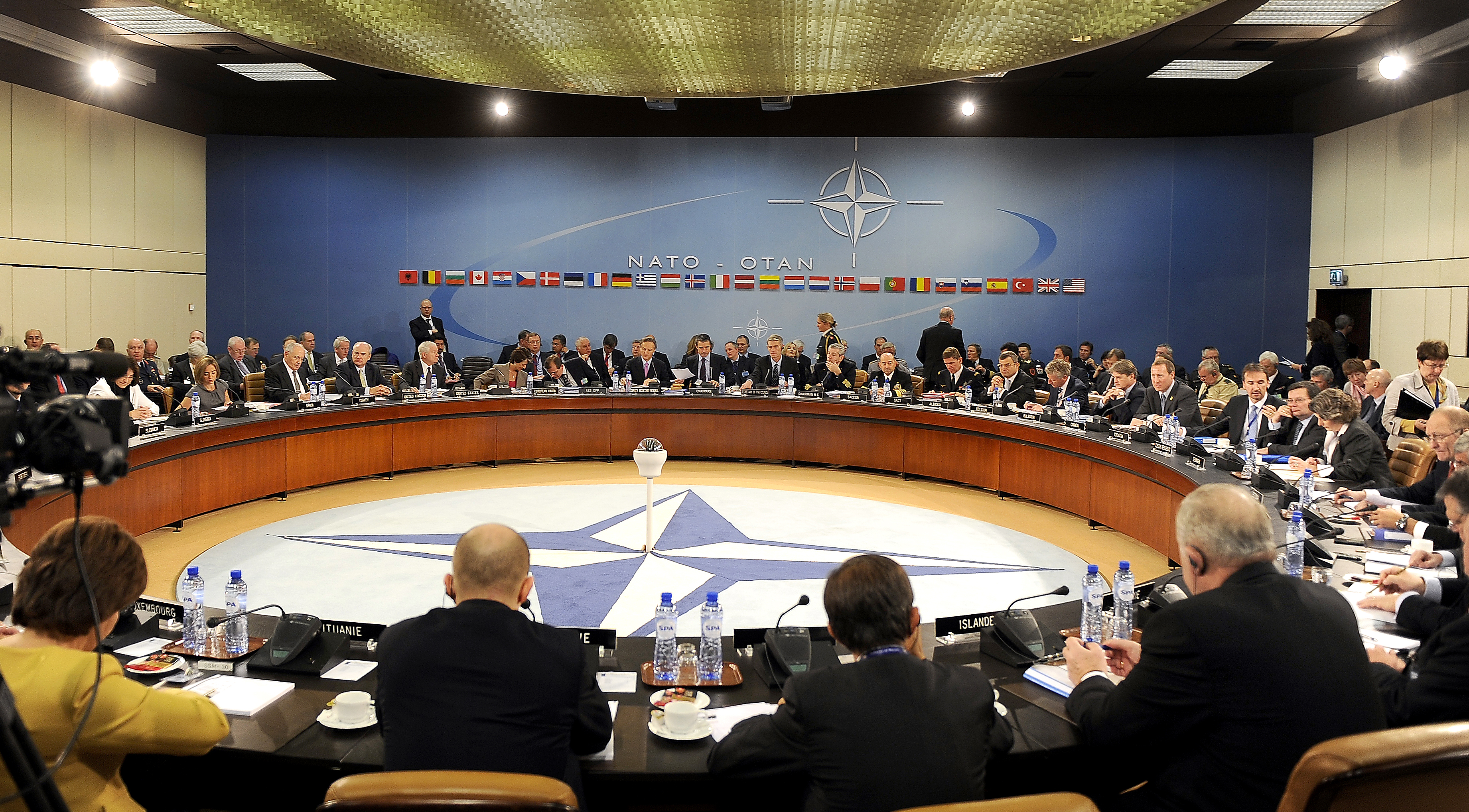April 13, 2017

Recent crises in Syria, South Sudan, Burma, and Iraq underscore that the prevention and cessation of mass atrocities is a core national security interest—one shared by all governments. The United States cannot halt and avert atrocities on its own—there must be collaboration by multiple international actors.
In its latest report, “Allies Against Atrocities: The Imperative for Transatlantic Cooperation to Prevent and Stop Mass Killings,” the Simon-Skjodt Center outlines the critical role the transatlantic region—like-minded governments in North America and Europe—can play in shaping and leading multilateral atrocity prevention efforts.
Written by Lee Feinstein, Dean of the Indiana University School of Global and International Studies and former US Ambassador to Poland, and Tod Lindberg, Research Fellow at Stanford University’s Hoover Institution, the report argues that successful atrocity prevention “requires coordinated and sustained efforts by local, regional, and international actors.” Through detailed interviews with senior European and Northern American policymakers, NGO officials and members of the think-tank and academic communities, Feinstein and Lindberg examined the capabilities and gaps of key international actors in preventing and responding to mass killings.
In the report, they provide a number of recommendations to strengthen cooperation:
Recommendations for the US Government
- Build legitimacy for atrocity prevention
- Work first with like-minded and capable partners
- Be prepared to act to halt atrocities if necessary
- Support and assist UN peacekeeping
- Maintain the interagency process for assessing and working to reduce atrocity risks
- Take the lead on internationalizing atrocity prevention
- Join atrocity prevention with other strategic considerations in the rationale for fighting and defeating ISIS and stabilizing a post-Assad Syria
Recommendations for the US and Broader Transatlantic Community
- Devise & implement coordinated Transatlantic atrocity prevention efforts
- Reassess participation in peacekeeping
- Limit the use of the veto at the UN Security Council
- Broaden the concept of civilian protection
- Improve international contact and coordination
- Improve field-level coordination
- Impose coordinated financial sanctions on perpetrators and enablers of atrocities
- Reassess international law and norms on intervention to halt atrocities
- Parliamentarians must do more
- Emphasize prevention in treaty law
At a time of unprecedented humanitarian displacement and political transitions in the US and many European states, there is an urgent need to implement their findings.
The Simon-Skjodt Center launched this report in March at the Hoover Institution. Watch the discussion:
View All Blog Posts